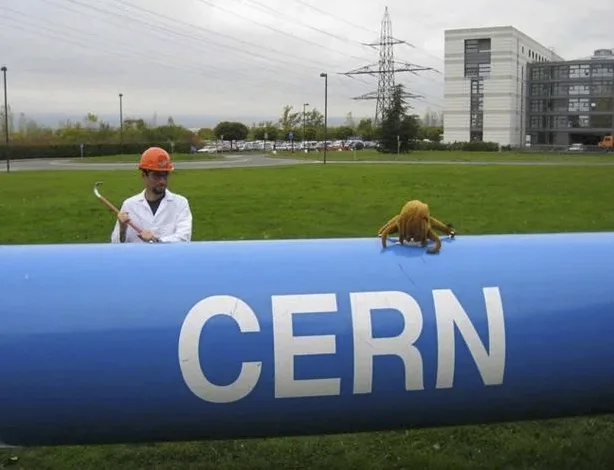Does that mean the LHC will make black holes? Not necessarily, Choptuik says. The Planck energy is a quintillion times higher than the LHC's maximum. So the only way the LHC might make black holes is if, instead of being three dimensional, space actually has more dimensions that are curled into little loops too small to be detected except in a high-energy particle collision. Predicted by certain theories, those extra dimensions might effectively lower the Planck energy by a huge factor. "I would be extremely surprised if there were a positive detection of black-hole formation at the accelerator," Choptuik says. Physicists say that such black hole would harmlessly decay into ordinary particles.










